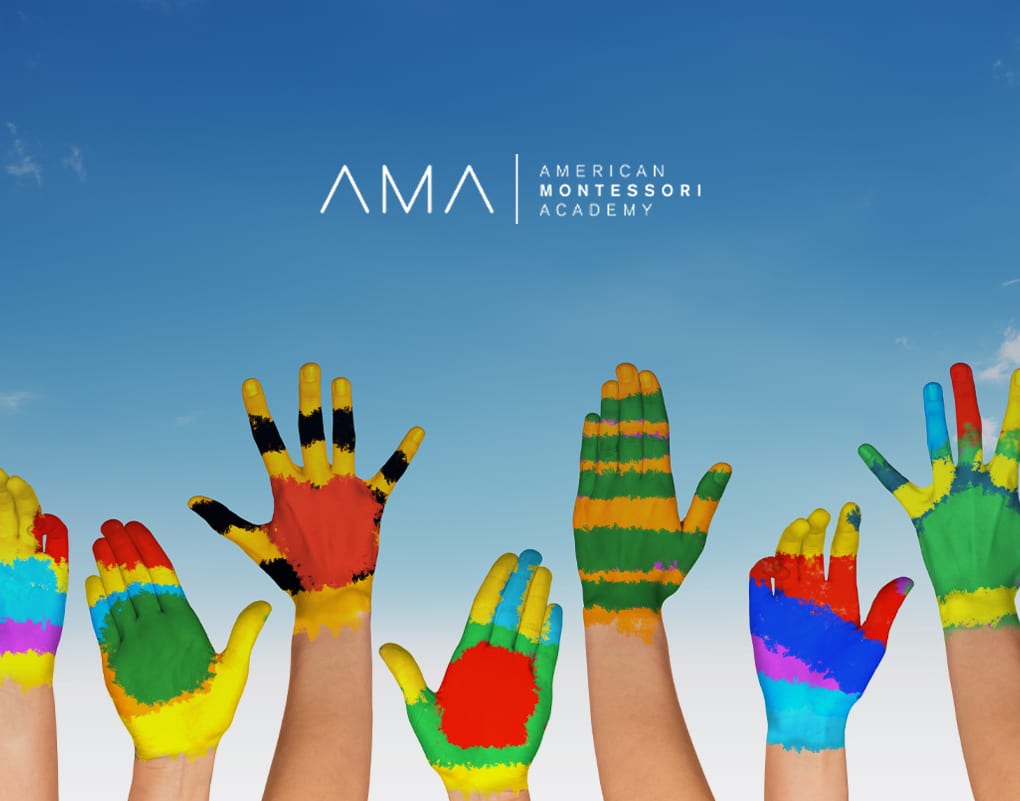
Benefits of Montessori
American Montessori Academy plays an important role for children in their key developmental years — and the Montessori Method provides the best opportunities for them to develop as they step out into the world with an understanding and appreciation that learning is for life.
Here are some of the benefits of Montessori education for children as they grow to be more engaged, competent, responsible and respectful members of the community:
In a Montessori setting, each child is valued as a unique individual.
Children learn in different ways, and Montessori education recognizes this and accommodates all learning styles. Students are also free to learn at their own pace, advancing through the curriculum as they are ready, and are guided by teachers and an individualized learning plan.
In a Montessori setting, students begin developing order, coordination, concentration, and independence at an early age.
Classroom design, materials, and daily routines are not just important, but are part of the hallmarks of Montessori education. These elements are critical in supporting each individual student’s emerging “self-regulation,” or the ability to educate one’s self, and to think about what one is learning.
In a Montessori setting, students are part of a close, caring community.
The multi-age classroom — another hallmark of Montessori education — a familiar community and a family-like structure. Older students enjoy stature as mentors and role models, while younger students feel supported and build confidence about new challenges ahead. Teachers model respect, care and kindness, and a belief in peaceful conflict resolution.
In a Montessori setting, students enjoy freedom within limits.
Working within critical parameters set by their teachers, students play a role in deciding what their focus of learning will be. Montessori education values internal satisfaction and understanding that it drives curiosity and interest, and promotes the joy of learning for lifetime.
In a Montessori setting, students are nurtured and encouraged in becoming active seekers of knowledge.
It’s important that students embrace their freedom to pursue answers to their own questions, and a Montessori environment with the right tools provides the best opportunities for children.
In a Montessori setting, self-correction and self-assessment are vital.
Students learn to look critically at their own work as they mature, and the Montessori approach prepares them to recognize, correct, and learn from their errors.
Skills of independence, self-discipline, problem-solving and a secure foundation of early academic knowledge develop spontaneously within a Montessori environment. Students are able to think critically, work collaboratively, and act boldly — a skill set for the 21st century.


